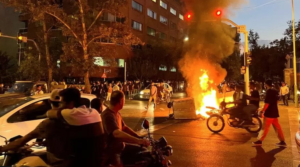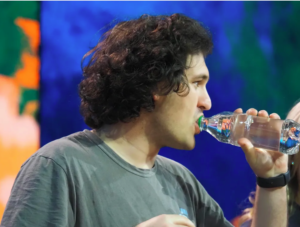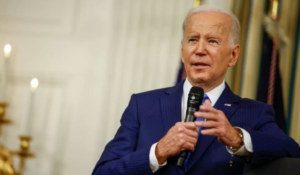Covid: Swiss vote on ending restrictions while cases surge
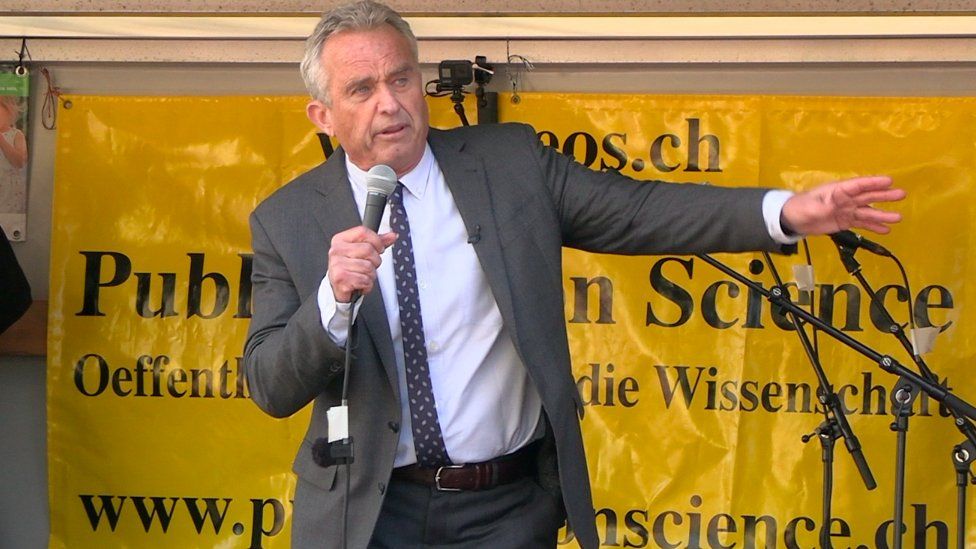
Covid Swiss
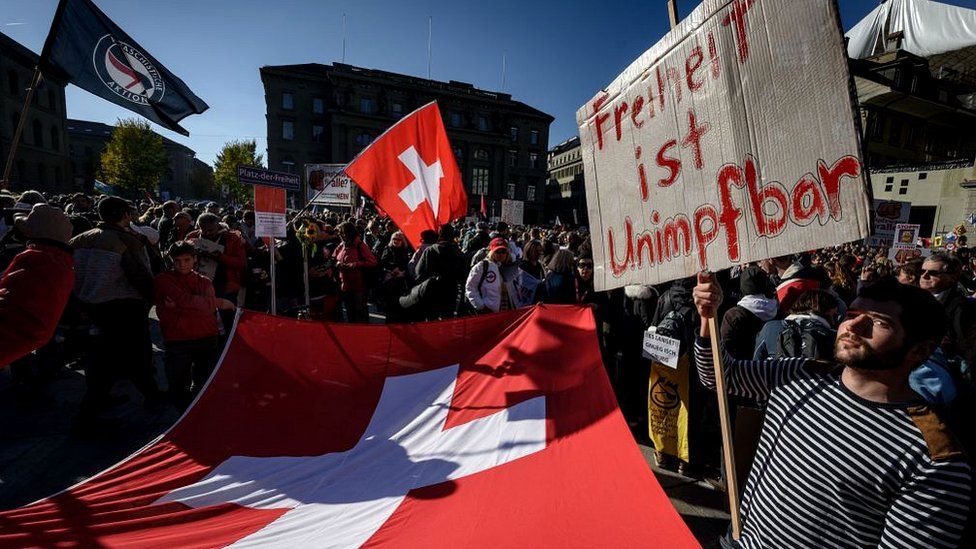
Swiss Health Minister Alain Berset is in a bit of a bind.
With just under two-thirds of the population fully vaccinated, the Swiss have one of the lowest vaccination rates in Western Europe.
Now, Covid-19 infections are rising exponentially, with case numbers rising by 40% to 50% each week.
So is the health minister planning new restrictions, like neighbouring Germany, or even making vaccination mandatory, like Austria?
Not a bit of it. In fact, on Sunday, Switzerland votes on getting rid of some Covid restrictions altogether.
From the start of the pandemic the Swiss government has performed a tricky balancing act, trying to introduce measures to control the spread of Covid, while still staying true to Switzerland’s system of direct democracy, in which the government has little formal power and the people have the final say.
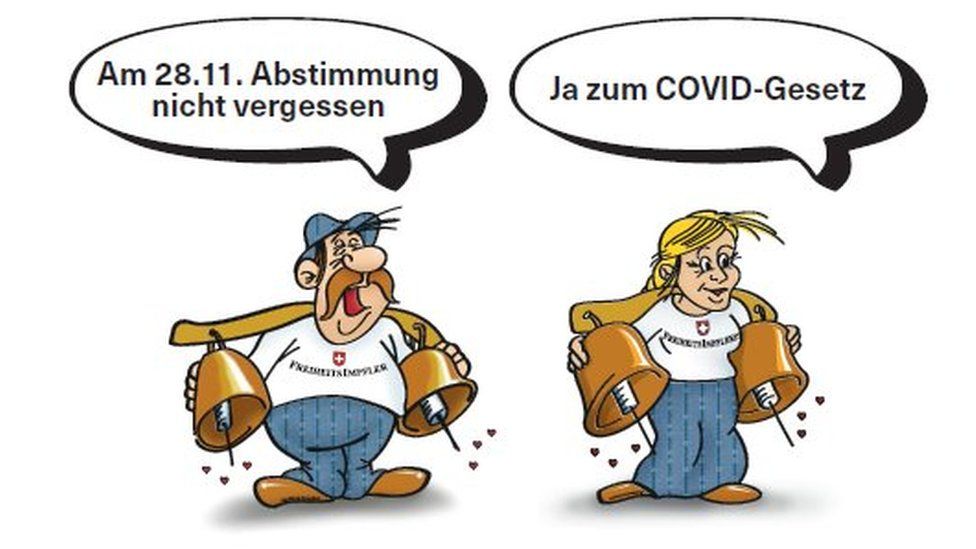
Switzerland’s lockdowns were never as strict as its neighbours. People were allowed outside for exercise whenever they wanted and the schools only closed for a few weeks.
But last summer, with cases falling dramatically, Switzerland didn’t have a celebratory, UK-style “freedom” day either.
Instead, a Covid certificate was introduced with proof of vaccination, negative test, or immunity through having had the virus. In September it became obligatory to enter bars, cafes, restaurants, cinemas, museums, sporting events, and face-to-face university classes.
But not everyone agrees.
Vaccination has long been a sensitive issue here, especially in German-speaking Switzerland. A belief that natural immunity is best led to a drop in childhood measles vaccinations that sparked a surge in measles cases across Europe.
Meanwhile, in the alpine communities, a historic pride in their own independence rooted, some say, in the time when the mountain villages were cut off from the world each winter, means there is resistance to the government issuing orders.
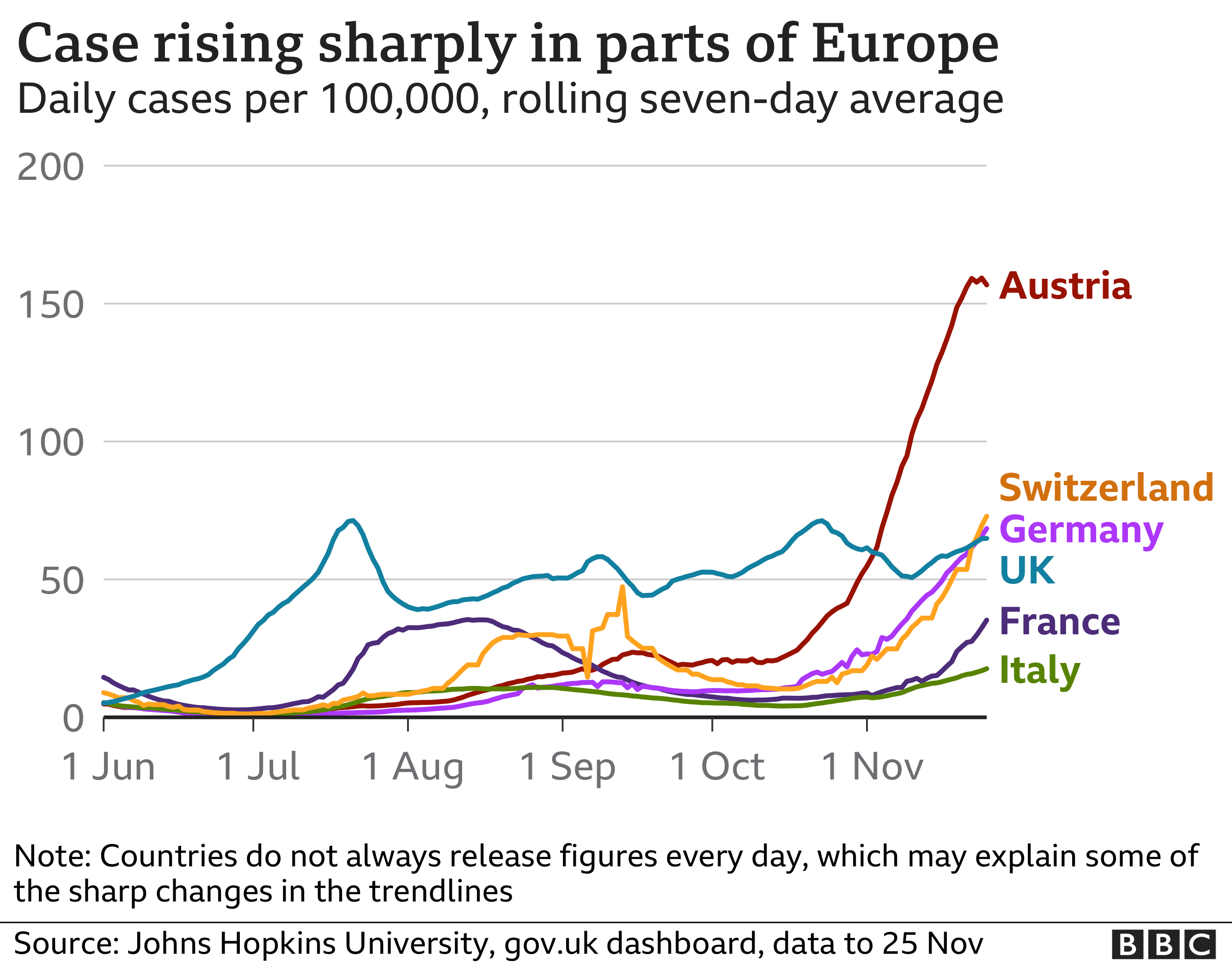
And so, when the certificate was introduced and Covid tests stopped being free, life for the unvaccinated became difficult and even going out for a beer was suddenly expensive.
The government hoped the measures would encourage people to get vaccinated. Instead, many took to the streets and others gathered enough signatures to challenge the Covid certificate in Sunday’s referendum.

